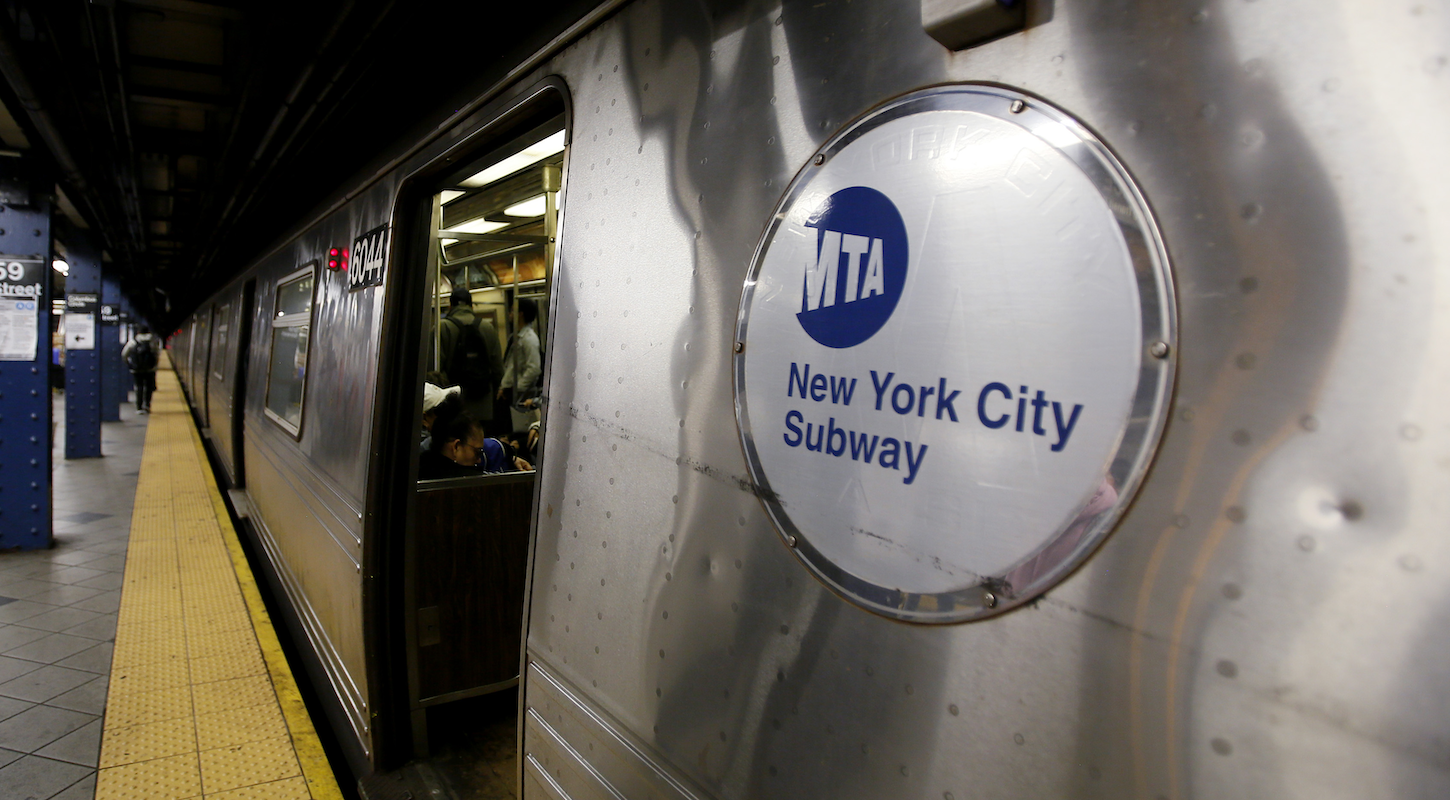You only get the one life. I keep thinking about that.
A 30-year-old black man named Jordan Neely died on a New York City subway train on Tuesday. He was upset, yelling, possibly in the midst of a mental health crisis, and then a white man came over and put him in a chokehold and held him in that chokehold for 15 minutes, by the end of which Neely was dead. That's pretty straightforwardly murder, by any reasonable moral standard if perhaps not by whichever tortured legalistic one will be offered to defend or exonerate the killer—but that's not really what I'm thinking about today. I'm thinking about how you only get the one life.
Early reporting indicates that Neely was experiencing homelessness at the time of his death. Just before the stranger came over and killed him, witness Juan Alberto Vasquez told the New York Post, Neely had been "screaming in an aggressive manner … he said he had no food, he had no drink, that he was tired and doesn't care if he goes to jail." Maybe Neely was telling the truth. He certainly wouldn't be the first unhoused person to prefer jail to the streets or the broken shelter system. Nobody would be surprised to learn that a person with no place to stay might also be hungry, and thirsty, and tired. Nobody would be surprised to learn that a person with no place to stay, who was hungry and thirsty and tired and could not find relief for any of these conditions, might also be upset about that. It would be remarkable if he were not. You only get the one life.
People have weird ideas about things like vulnerability and safety, sometimes. Imagine this scenario from scratch. Imagine some God's-eye view of it. Not as it actually happened, in the end, but from the beginning. There is a place full of people. Into this place comes a person who has nowhere to live; who is hungry and thirsty and tired and in obvious distress; who very probably, like a huge number of Americans, including many without permanent residences, suffers from mental illness. Go ahead and grant that this person—homeless, hungry, thirsty, tired, stretched just as thin as those conditions might stretch any person—is behaving erratically; that their comportment might disturb others. So: Who is vulnerable here? Who is in the greatest need of help? What is the actual problem? How might this small ad hoc instantiation of community solve it?
I'm struggling to put this into words. I can't tell if it's because what I'm trying to express is ludicrous or because it's so dully obvious that I've never bothered to actually think of how to say it before. Sometimes you have something that somebody else needs more than you do, and you can afford to spare it, and the easiest thing in the world is just to give it to them. In that moment, to have what you can give them is, itself, a gift, a thing to be thankful for. In my lifetime this society has seemed ever more fanatically opposed to that possibility, and ever more committed to the idea that of all the things a vulnerable person might legitimately need, help—simple material help—is never one of them. But, like, how many people were on that train? How come nobody just, like, offered Jordan Neely a swig from their water bottle? Or, hell, tried to pry off the guy literally strangling him to death right there on the floor? Did any of them have anything at all they could give to the person first suffering, and then just straight-up dying, right in front of them?
Thirty years is no time at all. Jordan Neely was a squishy little toddler yesterday, a gangly kid 10 minutes ago. At 30 he had no place to live. He was hungry and thirsty and tired and upset. He was experiencing a whole stack of separate crises piled onto each other. He walked into a crowded subway car carrying those crises; one of the people there decided that the problem, in that situation, wasn't that Jordan Neely was hungry or thirsty or tired, or that he was in obvious distress, but rather that on top of those other things he was also breathing, and killed him. Somebody else took their phone out and recorded it. That was Jordan Neely's whole and only life. It ended when he walked into a room full of people, homeless and hungry and thirsty and tired, and they helped themselves to his silence.





